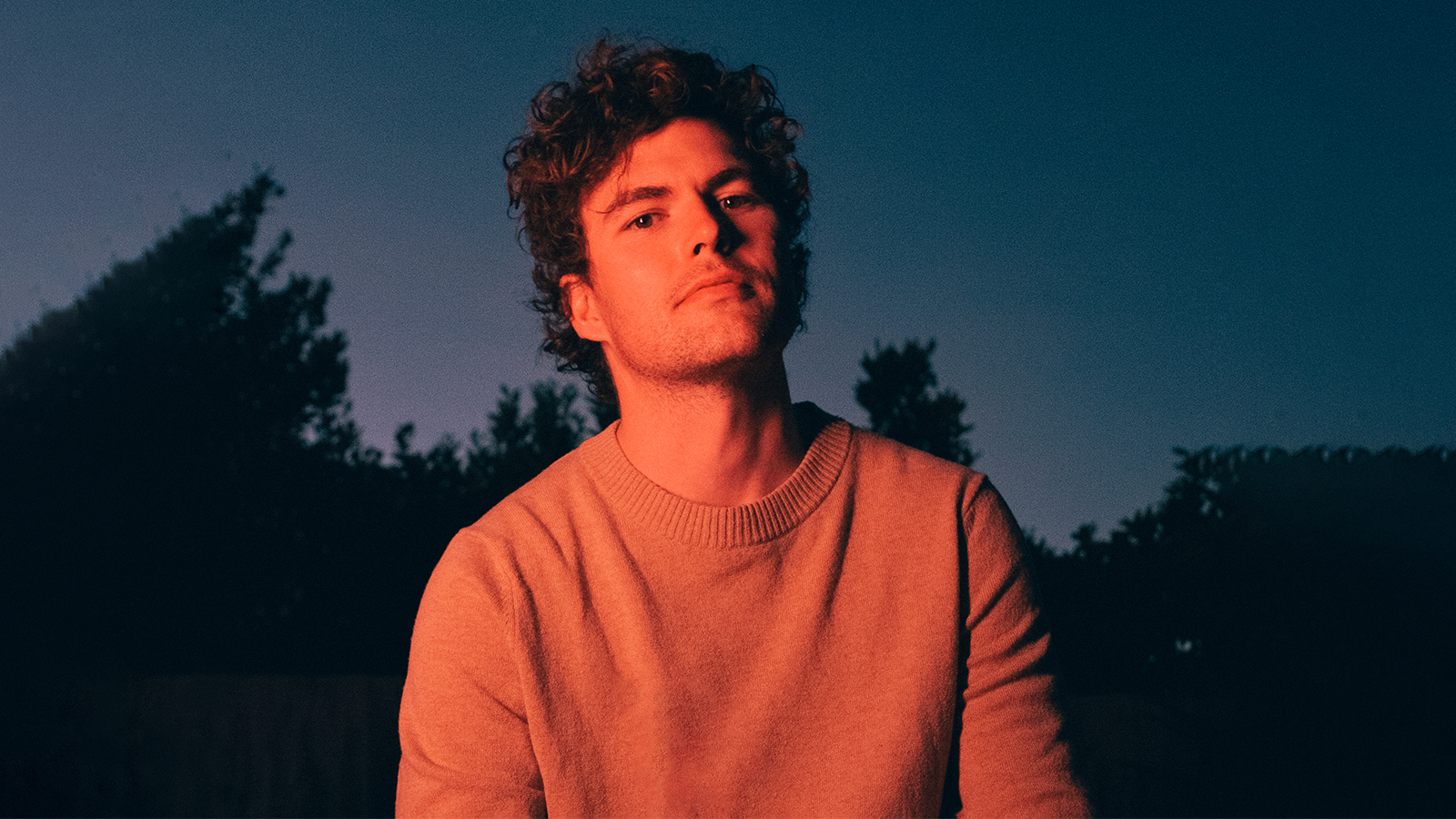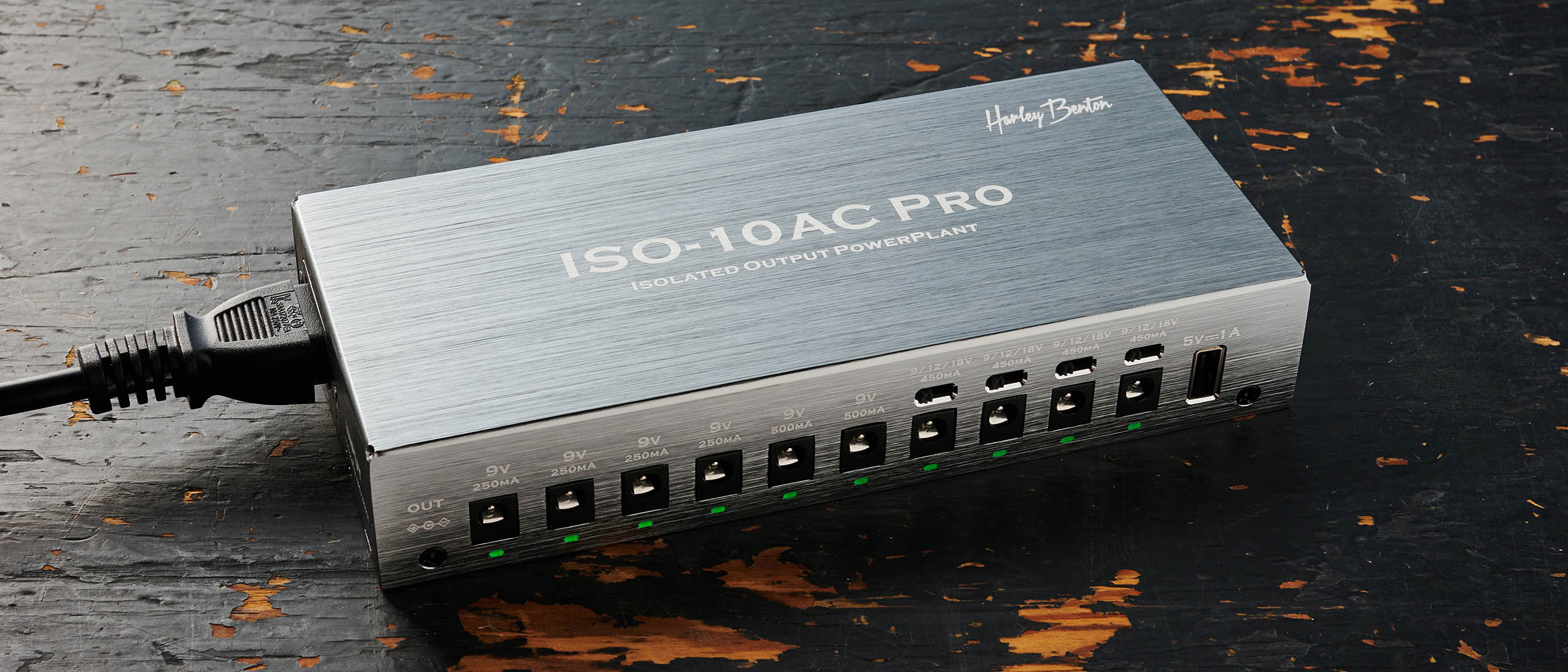Vance Joy: “A lot of the songs on this album were inspired by my own experiences”
When it felt like the world had slowed to a halt, Vance Joy took advantage of it and spent the time making an album about… Well, time

It’s no surprise that Vance Joy is one of the most laidback dudes in music – the man’s entire catalogue is tailor-made to be listened to from a hammock on the beach in the middle of summer. So when the pandemic hit, Joy (real name James Keogh) wasn’t too fazed about losing the backbone of his artistry, his penchant for piquant collaborations. After initially wanting to enjoy some well-earned R&R, the Melbourne indie-folkster headed to Zoom, where he and a cohort of co-writers cooked up 12 of his warmest and most wonderful tunes yet.
Those are compiled into Joy’s third studio album, In Our Own Sweet Time – an album, fittingly, about the concept of timelessness. As Joy said in announcing it: “I’m always drawn to the idea of timelessness or that shared moment that takes you out of the chaos outside. If the world is crazy, you can retreat somewhere. It’s always hard to think of the right title but I think that sums up the album perfectly.”
Later this year, Joy will take the record to stages all across Australia, playing in a dozen cities between September and November. Before he knuckles down on the rehearsals for that run, Joy took some out to chat about his new record with Australian Guitar.
How does it feel to have the record out there in the world?
It’s been a long time coming. I wrote ‘Don’t Fade’ in 2019 – maybe that September? – so it’s been almost three years since I started writing songs for this album. But obviously, 2020 and 2021, a lot of those songs were written over Zoom because I wasn’t able to travel. But that was kind of cool – I was living in Barcelona, and it was a nice little pause. I enjoyed not having to travel so much. So yeah, it feels good! Some of these songs have been around for a long time, so I’m, glad they’re finally out there. And now it’s like, “Okay, it’s time for a new phase now! Where are these new songs hiding?”
How did you find that your songwriting style translated to the Zoom process? Was it something you had to adapt to?
Yeah, definitely. But it was, surprisingly, not that difficult. That’s once I actually gave it a go – when the idea came up and I heard that people were doing it, I was like, “Ahhh, I don’t know, can’t we just chill? Let’s just enjoy this time, we don’t have to be pushing ourselves all the time.” But ultimately, y’know, songwriting is fun and collaborating with someone can be really fun. You always get something out of it – even if you don’t write a great song, you still have an enjoyable experience. I found it was quite easy with my friend Dave [Bassett], because we have a bit of a rapport already and we’d already worked together a bunch.
It was actually quite surprising. Rarely would we sit together and make things up in the exact moment we start working – he’ll play something, I’ll sing something, and we’ll just follow that path until something sticks – and y’know, maybe there’s a bit of that energy that gets lost in the Zoom. But we still managed to write songs, and the little fountain of creativity that we have, it was still trickling away. It’s always there if you want to tap into it, you’ve just got to know how.
I know that on paper, it doesn’t sound very inspiring to be sitting at home, watching reruns on TV and doing an online grocery shop – y’know, the activities weren’t necessarily as inspiring as going on tour in a new country and seeing the world, and all that – but the songs also didn’t lose that much of that creativity. I was in a hotel, quarantining for a couple of weeks, but we were writing a song about living in Spain. It was like a funny juxtaposition.
Get The Pick Newsletter
All the latest guitar news, interviews, lessons, reviews, deals and more, direct to your inbox!
Did it push you to be more creative with your storytelling, or think a little more outside the box?
I think so. A lot of the songs on this album were inspired by my own experiences, but sometimes when I’m writing a song, I imagine like a very specific setting, and it can be totally made up – it’s probably just some amalgamation of movies or books or whatever that I’ve engaged with. I just close my eyes and see a location – I can see a little world, and I’ll start writing within that world. And it’s cool when that happens. It happened a couple of times on this album. ‘Every Side Of You’, for example, I was thinking of the nighttime and the beach, silhouettes and the sun setting… There was a world that I made up for that song. And that happens with most of the songs. It’s like reading a book – the words are there, and your brain starts to fill in the colours and the rest of the picture.
What guitars were you strumming up a storm on for this record?
I’ve got a Martin, a couple of Gibsons, and an old Maton which has kind of been my number one guitar since the start [of my career]. I still play a couple of songs on that. but I play it in Drop D now – the Maton in Drop D sounds really cool. And then this Martin is filled with cotton balls because it was feeding back whenever we’d plug it in, so it’s like super heavy, but it’s the best guitar in the world to play live. Because I play fingerpicking and strumming, and this is the only guitar that really sounds perfect in both of those styles. And then my ukuleles, I just play a little Kala – I don’t know if that fits into the guitar world, but I still play the same Kala that I bought on Johnson Street in Melbourne the day before I recorded ‘Riptide’. it’s not the most top-of-the-line one, but it has a really nice resonance – that $300 uke is still the best uke I’ve ever played.
What is it about the Martin that’s made it take over the Maton as your go-to?
I mean, I love playing the Maton, and it still has the most character. I still love the way it plays – I’ve worn the neck in quite a bit, so the wood is kind of smoothed down and it just looks cooler. It’s also got a couple of cracks in it, which makes it look cool. It just sounds the best in a Drop D tuning, and I play four songs in Drop D at the moment, so we moved [the Maton] over to there. And then the Martin… That was kind of a recent discovery, courtesy of my sound guy. Because I kind of start out picking, and then when I strum, I slam really hard. And in those transitions, the sound is kind of like, not there, and then it’s really there. The Martin just rides those peaks and troughs. I just wish it was a bit lighter.

Ellie Robinson is an Australian writer, editor and dog enthusiast with a keen ear for pop-rock and a keen tongue for actual Pop Rocks. Her bylines include music rag staples like NME, BLUNT, Mixdown and, of course, Australian Guitar (where she also serves as Editor-at-Large), but also less expected fare like TV Soap and Snowboarding Australia. Her go-to guitar is a Fender Player Tele, which, controversially, she only picked up after she'd joined the team at Australian Guitar. Before then, Ellie was a keyboardist – thankfully, the AG crew helped her see the light…










